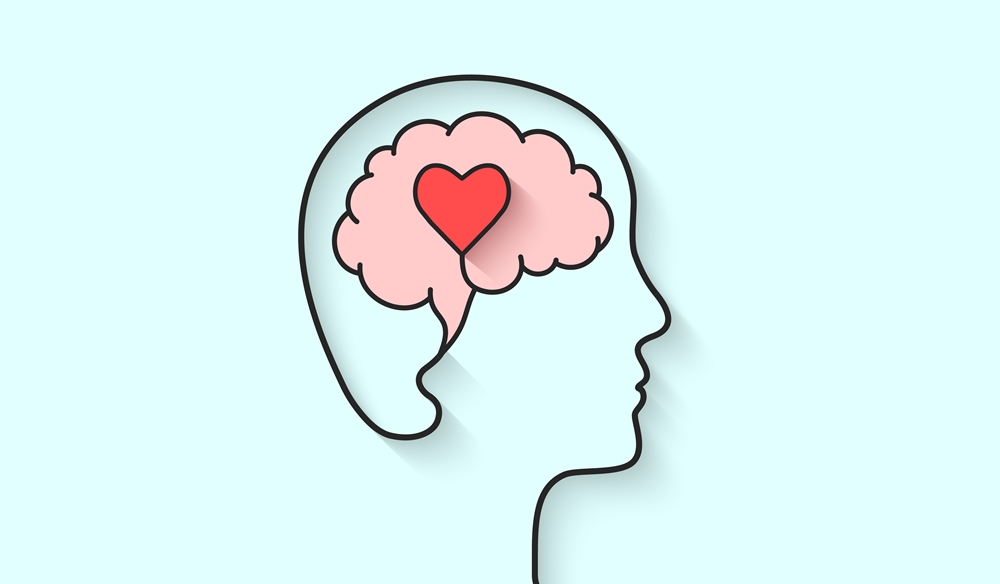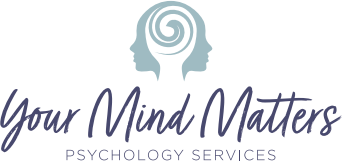
2020 sure hasn’t turned out like we envisioned. What started as a regular year, soon turned into something very different. During the COVID-19 pandemic we have all been faced with uncertainty and a level of fear and anxiety. Coupled with that are the frequently changing guidelines/rules we have been asked to adhere to and this can easily lead to feeling overwhelmed. Life as we know it has changed, and what we deemed as “normal” is no longer relevant, well for the short-term that is! We are all in uncharted territory. As a community, we know that we must remain home, to reduce the curve but with that comes a lot of change and adjustment.
Here are some tips to help with maintaining emotional wellbeing whilst in isolation:
- Stay socially connected. This is most fundamental! Whilst social distancing inhibits us from seeing friends and family, that doesn’t mean we need to disconnect from our supports. Stay connected to family and friends through regular telephone conversations, text messaging, social media or video chat. My personal preference is video chat, as you can see the person and it helps to form that personal connection. There are lots of group video chat platforms and apps that are free to download, e.g. Zoom, Skype, Houseparty. Why not schedule in a coffee catchup with mates online or play online games together? I was recently introduced to the Houseparty app which I found was a great way to chat to several friends at once and we could play in-built games together through the app which included trivia and the apps own version of Pictionary. It was great fun!
- Establish a daily routine. Routines are beneficial as they provide structure, aid us to be more productive and efficient, encourage good habits and reduce stress. Although your regular routine may not be applicable to the current situation, establishing a new routine/maintaining a form of your usual routine is still important. Allowing yourself to fall out of routine can lead to increased distress and feelings of disempowerment. Sticking to a routine such as a regular bedtime and awakening time, scheduling in time for work/study as well as planning enjoyable activities to look forward to each day, regular exercise, and opportunities to relax, can help to increase your sense of control.
- Exercise. Exercise is a natural way to reduce stress and is great for physical and emotional wellbeing! Try and get outdoors for a walk, jog, run or bike ride (remembering to adhere to social distancing regulations). Ask other members in your household to join you or take the kids for a bike ride/scooter ride. If you have some exercise equipment at home, try to schedule in time each day for a workout. There are lots of apps available, online resources, and YouTube exercise clips you can access. For those with an existing gym membership, your gym may be offering online sessions. Why not make the most of your membership and give it a go?!
- Relaxation. Set aside time each day to engage in a relaxing activity like a nice bath, reading or a jigsaw. You may wish to try mindfulness meditation (the Smiling Mind app is free and has lots of guided meditations to choose from), some gentle stretching, or calm breathing. For more ideas on various relaxation strategies check out my blog https://yourmindmatters.net.au/incorporating-relaxation-everyday-life/.
- Focus on what is within your control. Let’s face it, there is so much that is outside of our control at the moment. No we cannot control the COVID-19 pandemic, the regulations the government has put in place and is enforcing, the impact the pandemic has had on the economy, employment rate, the way we live our lives…the list goes on. I can’t stress how vital it is to focus on what is within your control, what you can do and the choices you can make. Concentrate on how you can look after yourself and others in your household, who you can connect with and offer support/help to (this could include family, friends or the community), and things you can do right now/in the moment that helps to enhance your life or that of others.
- Make it fun. Although there are likely other things you’d prefer to be doing, rather than staying at home all day, take the opportunity to make your time at home fun. Some ideas include:
- Setting up a tent in the backyard and making a bonfire…you can even roast some marshmallows!
- Scavenger hunt
- Games night (boardgames, cards, videogames etc)
- Indoor picnic
- Movie marathon
- Art/craft activities
- Manage your exposure to news/media coverage. There is heaps of information out there about COVID-19 and news coverage on every channel. Every time you turn on the TV, radio station, or scroll through social media, you’re likely to come across some form of information about COVID-19 and this can be overwhelming. Stick to reputable sources which can provide you with accurate information.
I hope these tips are helpful in guiding you through this challenging time. Stay safe and healthy. I know it doesn’t seem like it right now, but as the Buddhist proverb says “this too shall pass”.
If you would like some support, why not give us a call? Our team of psychologists are here to help. Your Mind Matters Psychology Services is currently offering counselling support through Telehealth (phone or video sessions). For more information, visit https://yourmindmatters.net.au/covid-19/.

